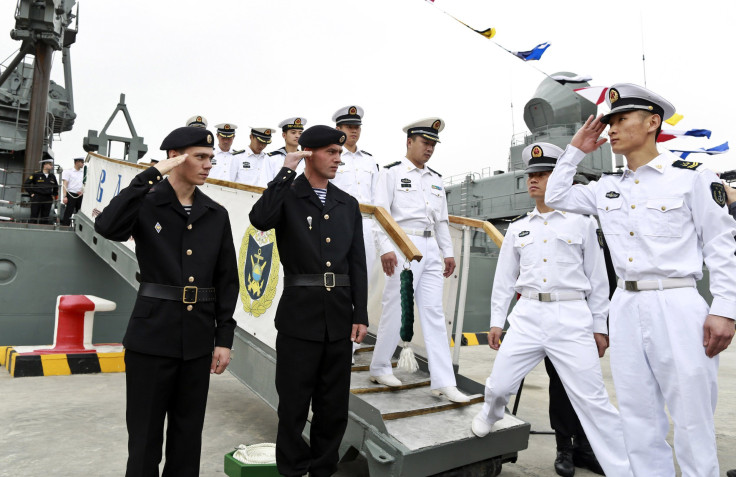Sanctions On Russia Could Stay Forever, Says US; Putin Puts Northern Fleet On 'Full Alert' Amid NATO Exercises

It seems the sanctions the United States and other western nations have slapped against Russia could take a lifetime. The U.S. State Department said it has no intentions of lifting them as long as Russia continues to strangle the neck of Ukraine and claims Crimea. The series of military exercises of the U.S. and several Eastern European NATO nations, meantime, have spooked Russia so much that President Vladimir Putin has ordered the country’s Northern Fleet "to full alert in a snap combat readiness exercise" in the Arctic region.
The Northern Fleet, which included 38,000 military personnel, 3,360 pieces of equipment, 41 ships, 15 submarines, and 110 airplanes, was called in to be alert at 8:00 a.m. Moscow time, according to Sputnik, citing Russian Defense Minister Sergei Shoigu. The general said the fleet will conduct exercises on land, in sea and air for five days starting March 16. "The main task of the (combat readiness drill) is to assess the armed forces from the Northern Fleet's capabilities in fulfilling tasks in providing military security of the Russian Federation in the Arctic region," Shoigu said. It is believed Russia scrambled a snap combat readiness exercise because of the military drills in neighbouring Norway, a Nato member. "New challenges and threats of military security demand the further heightening of military capabilities of the armed forces and special attention will be paid to the state of the newly formed strategic merging (of forces) in the North."
Dmitry Peskov, a Kremlin spokesman, told Tass on Monday the deployment is routine practice aimed at improving its military capabilities. "The practice of snap checks will become regular, as it is beneficial for improving the mechanisms of control and operation of the armed forces. This is an absolutely regular process of the armed forces' operation, of preparation and development of Russia's armed forces," he said.
Lieutenant General Haga Lunde said the Oslo government had long planned its military drills, which was way before the Ukraine crisis erupted. “However, the current security situation in Europe shows that the exercise is more relevant than ever."
Meantime, U.S. sanctions against Russia will remain as is, U.S. State Department spokesperson Jen Psaki said on Monday. “As long as the occupation continues… the U.S. continues to support Ukraine’s sovereignty, territorial integrity, and right to self-determination.”
However, it seemed the sanctions had only resulted to a slight drop in trade between U.S. and Russia. Data released by the U.S. Census showed the country’s imports of Russian goods slipped by $3 billion in 2014, which was 10 percent of the total trade between the two countries.
To report problems or to leave feedback about this article, e-mail: e.misa@ibtimes.com.au.





















